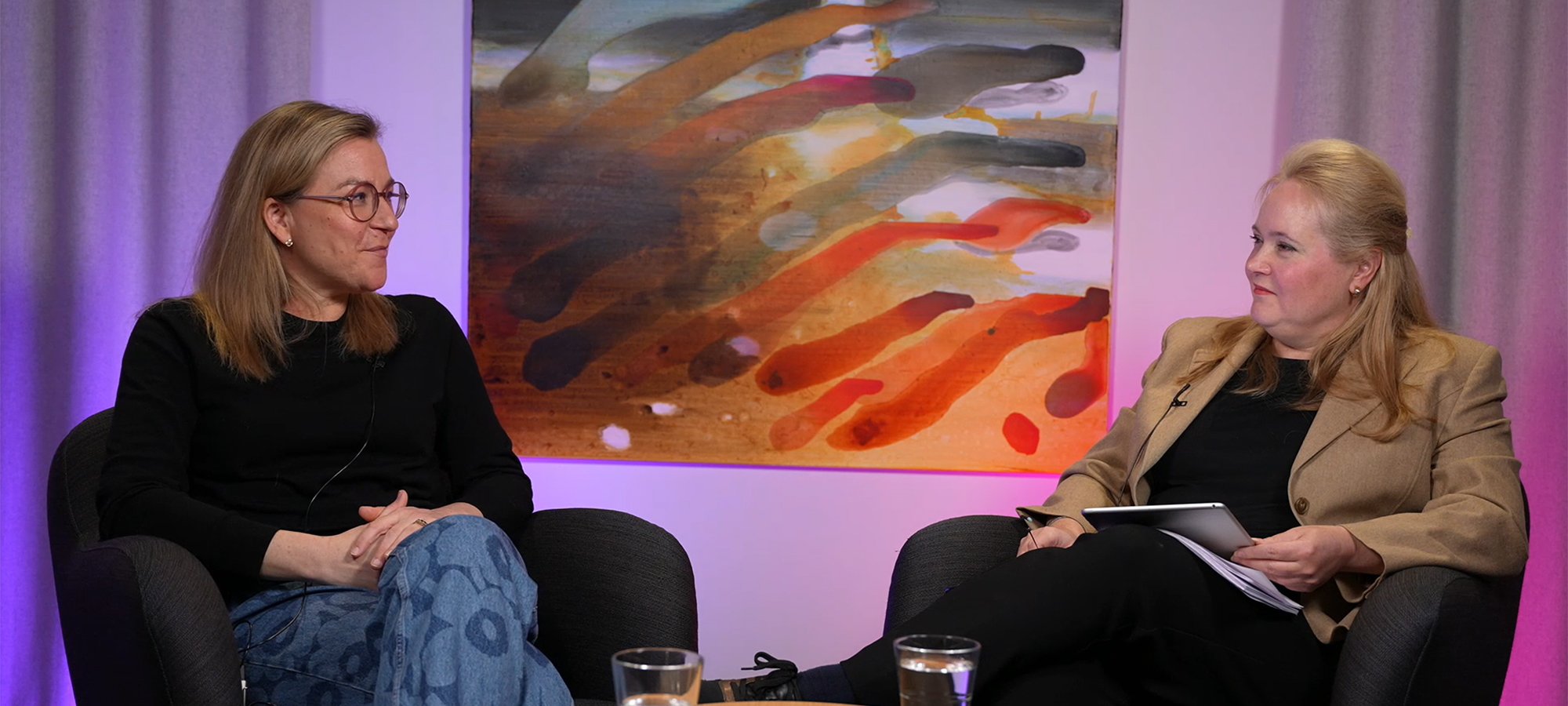The corporate finance function is undergoing radical change due to digitalization. This means that CFOs need new skills and knowledge to survive. The widest skills gap has to do with understanding the opportunities offered by digitalization, says Teemu Malmi, Professor, Accounting, Aalto University.
"Traditionally, CFOs have excelled in numbers and spreadsheets, but now that the tools also include big data and artificial intelligence, they must explore uncharted territory. As a CFO, you don't need to become a coding or data analysis expert, but you must master these topics up to a point," Malmi says.
"If a CFO is unable to analyze data or understand the work that data analysts do and the tools and methods they use, it's hard for them to utilize, interpret, or challenge the data analysts' ideas and discoveries. This, however, is precisely what the finance function should be doing, as data analysts themselves seldom have the knowhow required to put those discoveries in a business context."
Social media monitoring increases customer insight
The situation becomes even more challenging when you consider the exponential growth of business data, about to be accelerated even further as the industrial internet increases in popularity in the coming years. According to some estimates, the amount of digital data is growing by 100 percent every year.
Big data is not rocket science as such, but when used skillfully, it opens up numerous possibilities."
"Big data is not rocket science as such, but when used skillfully, it opens up numerous possibilities, for example, for optimizing and making operations more efficient. With industrial IoT, all physical machines and devices can be connected to a network using probes and sensors. This enables collecting essential data that can be used, for example, to predict service and maintenance needs and related costs well in advance," Malmi says.
In addition to numerical data, businesses have access to increasing amounts of other kinds of information, such as social media data. When consumers go online to search for information on products and services and compare their experiences using them, they generate great volumes of data that could be used, for example, to develop customer insight and, ultimately, drive sales. Utilizing social media monitoring methods, however, is still in its infancy.
Future trends – such as economic cycles, consumer demand, or long-term costs – can also be forecast using leading indicators.
"The number of permits issued for the construction of high-rise apartment buildings, for example, may be an important piece of information for an elevator manufacturer," Malmi says.
Globalization requires vigilance
Another megatrend impacting financial management, Malmi says, is globalization. From the point of view of the finance function, globalization leads to a constant pressure to streamline operations and boost productivity.
Globalization leads to a constant pressure to streamline operations and boost productivity."
"There are many countries with cheap labor and a tremendous hunger to move forward. Over there, companies will do everything they can to compete with the West. This has made Finnish companies, too, to think about where best to locate various functions, such as product development or service centers, since time and place have become irrelevant thanks to digitalization. This requires a new set of competences from the CFO," Malmi says.
Globalization forces companies to look critically at their business models. After all, the constantly evolving technology means that anyone anywhere may at any time develop a new business model for the same business – such as a new digital application or platform.
"It's part and parcel of a CFO's job and skillset to understand these threats and opportunities brought along by technology."
The threats include challenges related to data security. With digitalization, businesses become ever more dependent on information systems, and data security risks increase. It's the job of the CFO to do their part to ensure that there is sufficient understanding in the company of how to prevent cyber attacks, for example, Malmi emphasizes.
Environmental and accountability reporting will keep increasing."
Not to be forgotten either are other trends changing our world, such as environmental awareness and requirements for accountability. Malmi believes that expectations and regulations regarding, for example, environmental and accountability reporting will keep increasing, thanks to the myriad of scandals highlighting the significance of accountability and ethics in business. Whereas previously the focus of reporting was on euros, now it's also on carbon footprint and on compliance with international human rights and anticorruption regulations.
"It's just as important to ensure the quality and level of accountability reporting as it is that of traditional annual reporting," Malmi says.
Financial management is people management
The role of finance professionals as business partners has grown in importance in recent years. According to Malmi, the largest corporations have already adopted this approach and the CFO is involved, for example, in strategy work. There's a lot of variation, though, in practical applications and levels of competence.
You must be able to get along with people, communicate and be empathetic."
"In the context of a conglomerate, the discussions may revolve around which companies to buy and which divisions to sell off. The CFO plays a key role in these discussions. But when you look at a certain business and try to figure out how to differentiate from the competition and win the customers, many CFOs have a lot of catching up to do as their understanding of competitive strategy in particular is not necessarily very strong."
Malmi says that CFOs should develop their knowledge of group and individual psychology. When the focus moves from managing numbers to managing people and building an organization that functions as well as possible, you must have an understanding of the people who work there, what their values are and how they behave.
"Notions of what you can and may do vary from country to country. Digitalization offers the potential to develop different monitoring systems, some of which may be absurdly powerful in technical terms, but cause damage for people and the work environment and easily lead to exaggerated measures."
Malmi mentions that Anglo-American business literature in particular has in recent years emphasized that CFOs, too, need so-called soft and interpersonal skills.
"Finance professionals are sometimes seen as no-nonsense number crunchers, but we should get rid of that image. The job of a CFO increasingly involves people management, and in that role, you must be able to get along with people, communicate and be empathetic, put yourself in their shoes, and figure out the best way to move forward," Malmi says.
Teemu Malmi is training in the Aalto CFO program, which is designed for finance executives who want to advance their skills in leading financial functions, increase their weight as a strategic business partner, and gain the confidence to influence. Read more about the program.





















